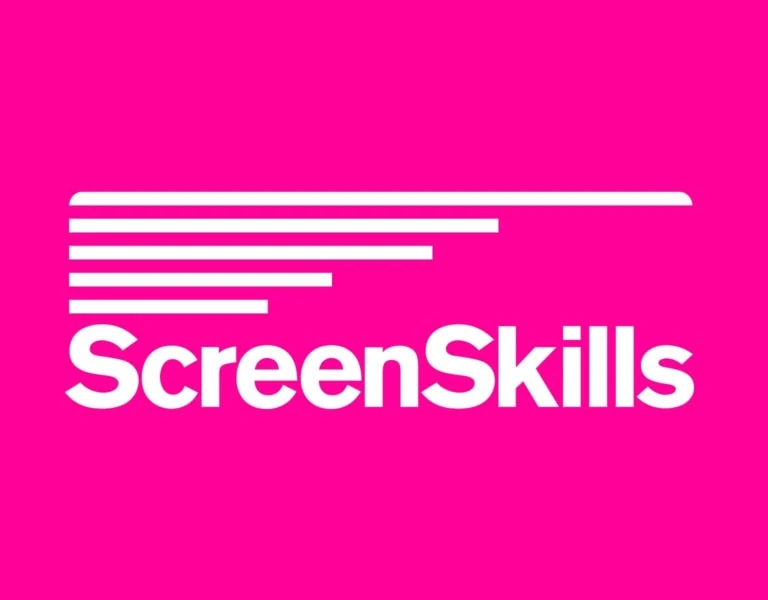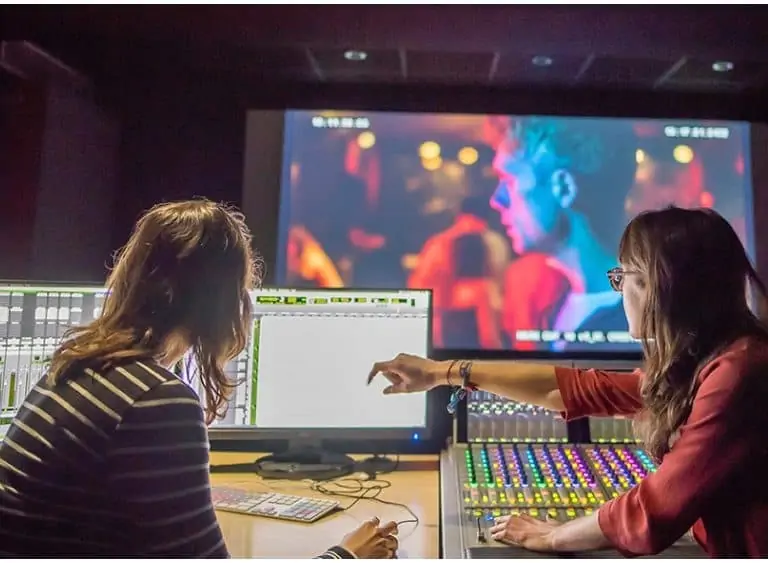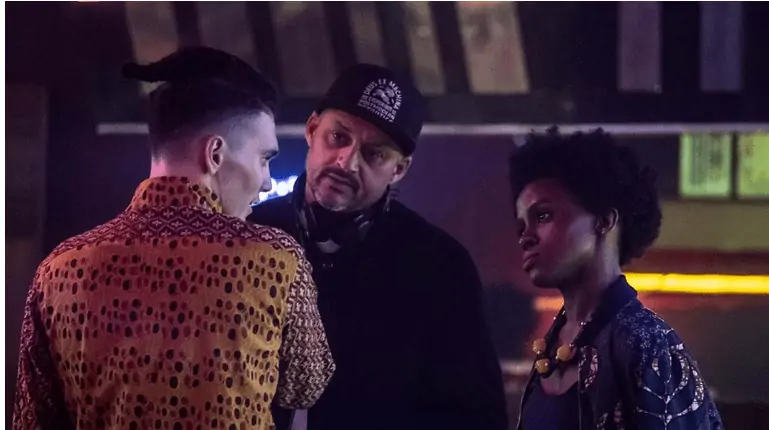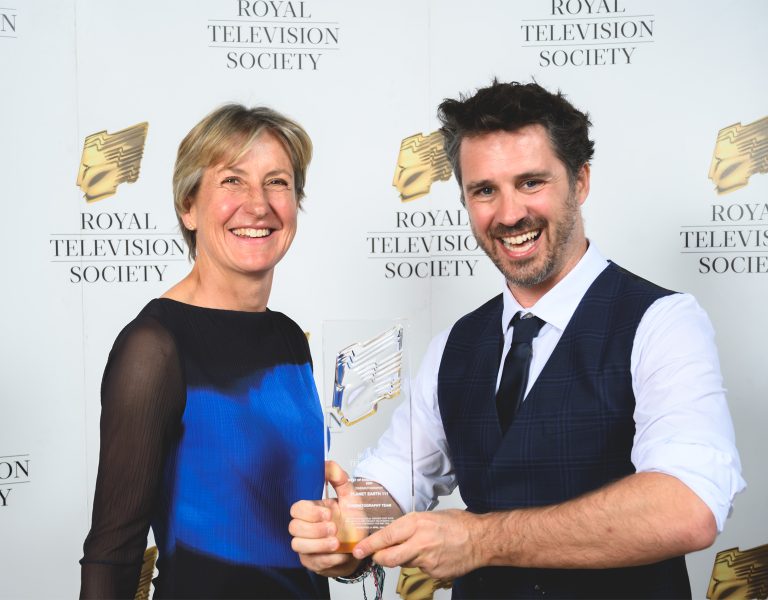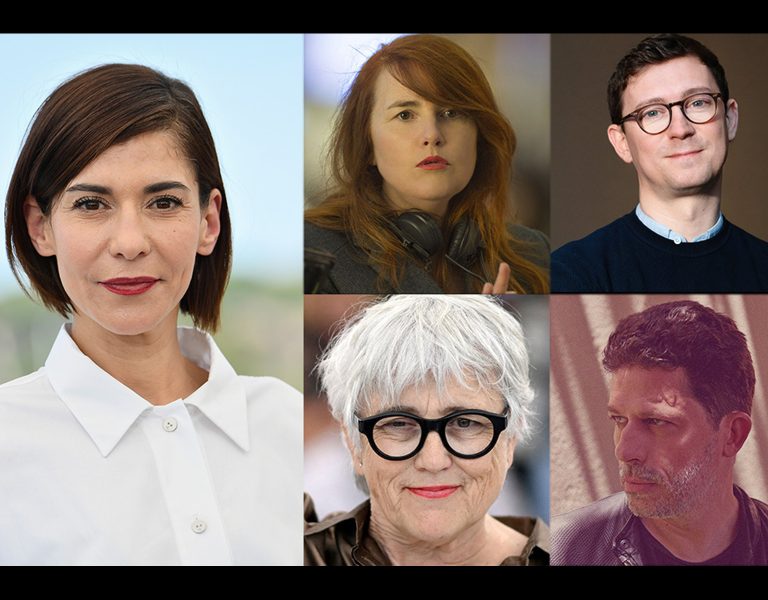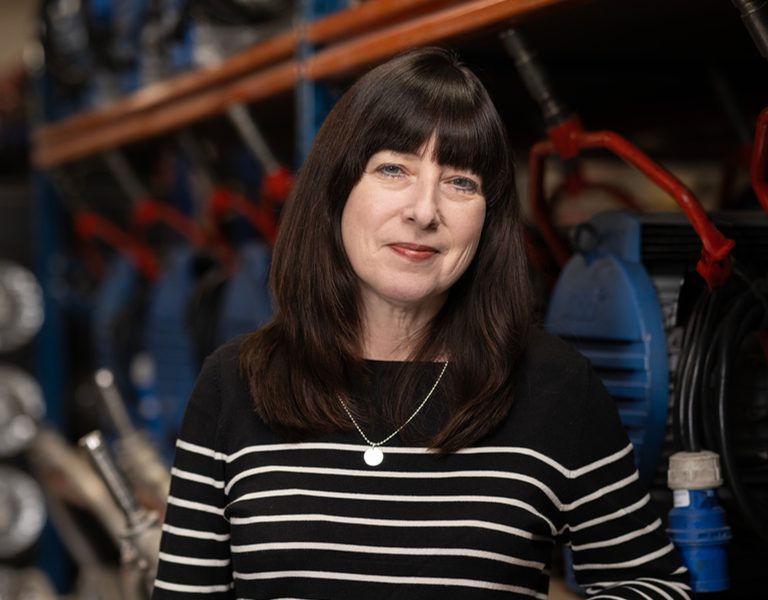New training is being fast-tracked to help film and high-end television return safely to production, the skills body ScreenSkills announced last week.
The training is being developed in response to the new challenges facing an industry that saw at least £426 million worth of productions postponed or suspended when social distancing measures – followed by lockdown – were announced. The intention is that basic training will be ready to roll out within weeks and that crew members will undertake the training before they return to set or location.
ScreenSkills is partnering with Skills for Health, a not-for-profit organisation
The work is being supported by the ScreenSkills High-end TV Skills Fund with contributions from high-end television productions and the BFI, awarding National Lottery funds as part of its Future Film Skills strategy. The immediate aim is to ensure everyone working on a production, irrespective of their role, has access to basic health and safety understanding to operate in the context of Covid-19.
ScreenSkills is also exploring developing additional, more detailed training for those with departmental or management responsibility for ensuring productions are operating within industry-designed best practice and government guidance. This includes what training might be necessary for those with specific Covid-19 responsibilities on set.
The consultation on the new guidance, developed for film and high-end TV by an industry working group convened by the British Film Commission (BFC) as part of the BFI’s Screen Sector Task Force, concluded last Friday with publication to be before the end of the month, subject to government approval. Senior members of the ScreenSkills team, including Gareth Ellis-Unwin, Head of Film & Animation and an experienced producer of films at many scales (The King’s Speech, Zaytoun, Kajaki: The True Story, Steel Country), have contributed to the development of the guidelines and the training will be based upon them.
The basic level of training will be delivered online and free. ScreenSkills is devising
Seetha Kumar, ScreenSkills’ Chief Executive, said: “As the leader in skills and training for the UK’s screen industries, we are already working closely with colleagues to support the return to production by identifying standards and delivering training to reflect all the new challenges Covid-19 has created. Ensuring crew can work as safely as possible is the overriding aim of the industry, and we believe the new guidance, backed up by the training, can enable that.”

“We will work swiftly to support the industry in what it needs to know and do to get back to work while operating safely in the new environment. The numbers of people and equipment and the often close physical contact involved in making film and television means we must all work together to make sure any risks are managed and minimised.”
Christine Healy, Chair of the ScreenSkills HETV Skills Fund and Head of Production, New Pictures, said: “The HETV industry is working hard to put in place the steps needed to get back into production as soon as we are able. Having a clear source of simple but necessary information for freelancers to access on the basic principles of working under new conditions will be hugely useful, and I am pleased ScreenSkills is taking a lead on developing and curating these much-needed resources. We’ve got to make sure we are giving our workers information so that they know how to stay safe and well in this changed filming environment.”
Iain Smith, Chair of the ScreenSkills Film Skills Fund and founder of Applecross Productions, said: “The impact on different departments in production will vary. Being a location manager on the periphery of a shoot will be different from being a focus puller working close to a camera operator and actors. Everyone is going to have to understand not only what they must do to stay safe, but the impact of their actions on the cast and crew around them. I am really pleased that ScreenSkills is taking the lead in putting together the vital training the industry needs and supporting the return to work.”
Candace Miller, Executive Director at Skills for Health said: “It is a real pleasure to be working with ScreenSkills on this important development. Our work in the health sector has shown just how critical it is that everyone has the understanding they need to work safely within the changed working conditions that Covid-19 has brought across all sectors of our economy. This training is integral to ensure that production processes can get back on-stream, confident that every member of the team has the skills and knowledge they need to adapt to new ways of working.”
Paul Greeves, managing director of First Option, said: “We’re delighted to be working with ScreenSkills and the other partners to develop this much needed training to enable the production sector to get back to work. Working safely under the threat of this disease will require new thinking and new ways of working across all aspects of the production process and everyone involved will need the right information and knowledge to play their part in that.”
Leigh Adams, the BFI’s Director of Education and Skills, said: “The work that ScreenSkills is doing to provide training and resources for those working in film and TV production as it moves into restart mode is a vital part of the recovery plan for the industry and reflects the importance the UK is placing on people being able to work on productions of all sizes, both safely and with confidence.”

Separate work is underway in unscripted television to produce a package of support for programme makers producing content during lockdown. The core objective of this package is to share existing good practice, ingenuity and tech innovation, via case studies. This work is being supported by the TV Skills Fund, with contributions from the BBC, Channel 4 and Channel 5.
This week, ScreenSkills will host a discussion about practical solutions to some of the challenges of returning to production. More details will follow.
For press inquiries, please contact Louise Jury, director of communications and marketing, on louise.jury@screenskills.
About ScreenSkills
ScreenSkills is the industry-led skills body for the UK’s screen industries – animation, film, games, television including children’s TV, unscripted and high-end, and VFX. We work across the whole of the country to ensure that UK screen has access now, and in the future, to the skills and talent needed for continued success.
ScreenSkills’ work in finding, developing and retaining a skilled workforce for the UK’s screen industries includes: providing careers information; finding and supporting new entrants; investing in skills and training for the existing workforce, including programmes to help professionals return to the industry after a career break for caring or parenting responsibilities, to support progression into more senior roles across the industry and to further diversify the workforce; the ScreenSkills Mentoring Network; and skills forecasting. All programmes have diversity and inclusivity targets.
We are supported by industry contributions to skills funds for film, high-end television, children’s television, television and animation, and by the BFI, awarding National Lottery funding. We currently receive Arts Council England funding to share good practice from the screen industries with the arts.
About the BFI
The BFI is the UK’s lead organisation for film, television and the moving image. It is a cultural charity that:
-
Curates and presents the greatest international public programme of world cinema for audiences; in cinemas, at festivals and online
-
Cares for the BFI National Archive – the most significant film and television archive in the world
-
Actively seeks out and supports the next generation of filmmakers
-
Works with Government and industry to make the UK the most creatively exciting and prosperous place to make film internationally.
Founded in 1933, the BFI is a registered charity governed by Royal Charter. The BFI Board of Governors is chaired by Josh Berger CBE.
About Skills for Health
Skills for Health, a not-for-profit organisation committed to the development of an improved and sustainable healthcare workforce across the UK.
Established in 2002 as the Sector Skills Council for Health for the UK health sector, Skills for Health helps to inform policy and standards focusing on health, education and improving the wider wellbeing of public health. Skills for Health are the employers’ trusted provider of workforce and organisational development, designed to increase quality of healthcare, patient safety and productivity.
Our products and service offering is based on our core mission of developing a more skilled, productive and flexible workforce. Promoting better jobs, careers and sustainable employment, developing appropriate employer led qualifications and raising standards in skills and training to maximise quality, productivity and health outcomes.
Our aim is to:
-
Help you maximise the potential of your workforce
-
Deliver workforce transformation
-
Improve quality, productivity and health outcomes.
-
Raise standards in skills and training delivery
Our expert staff work with employers helping them establish a more efficient and productive healthcare workforce that is fully sustainable.
About First Option
First Option are a specialist media and entertainment safety consultancy providing support, advice, training and equipment to help clients achieve their creative goals, safe in the knowledge they are protected from risks at work. First Option have been closely involved in the development of COVID-19 production protocols with the BFC, broadcasters, BECTU, production management organisation and clients across the sector and are actively working with clients now to restart production.


